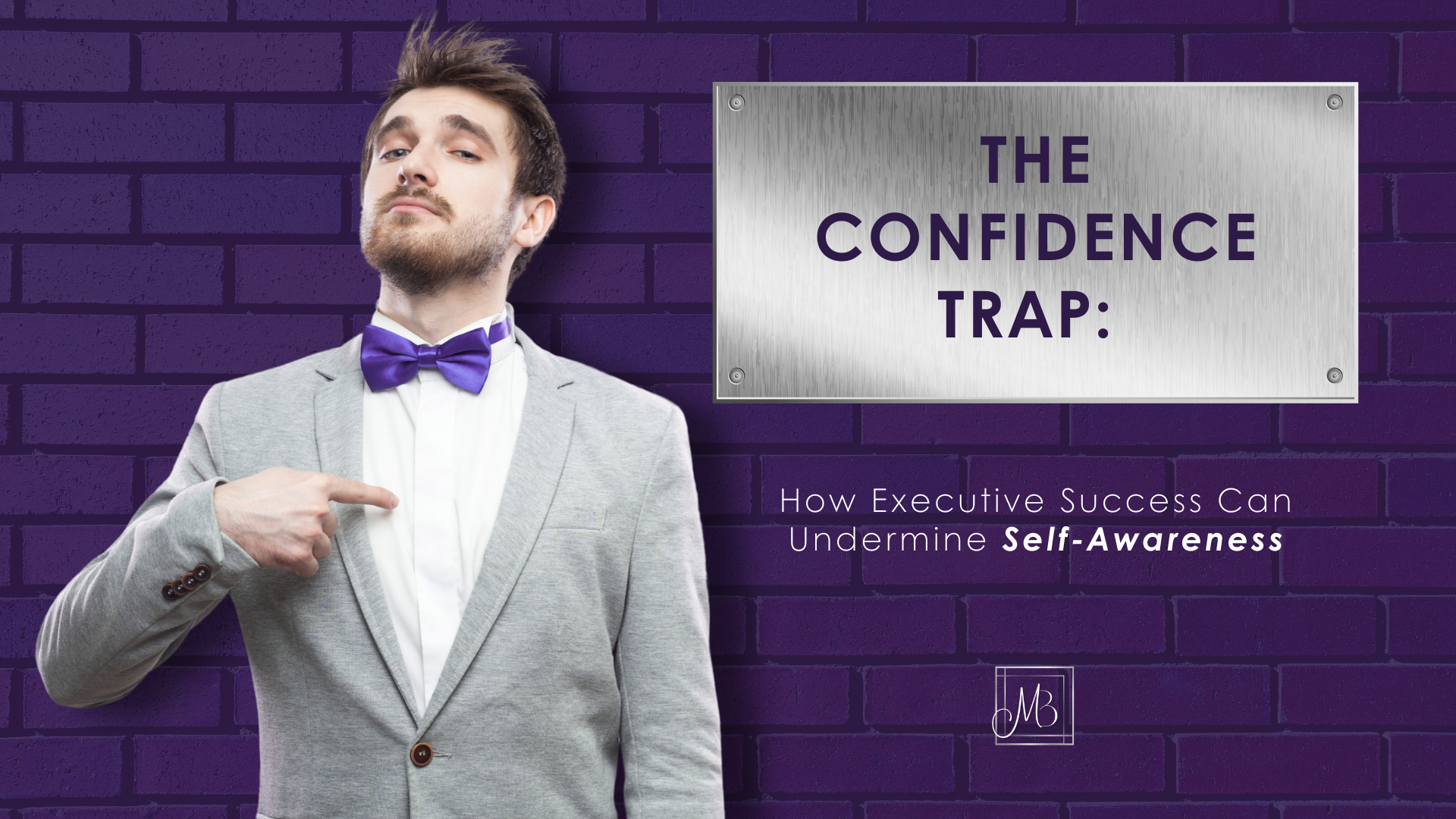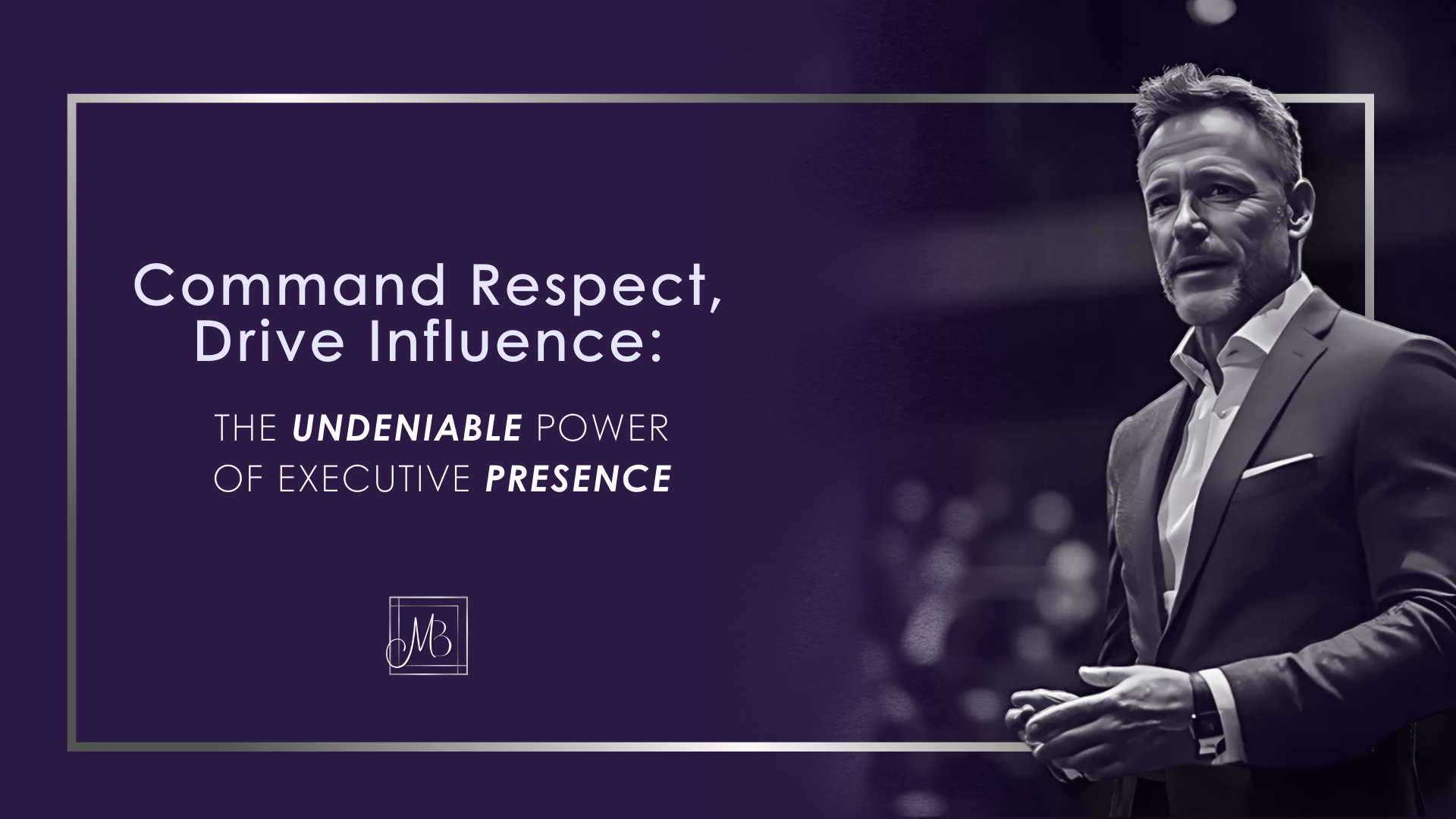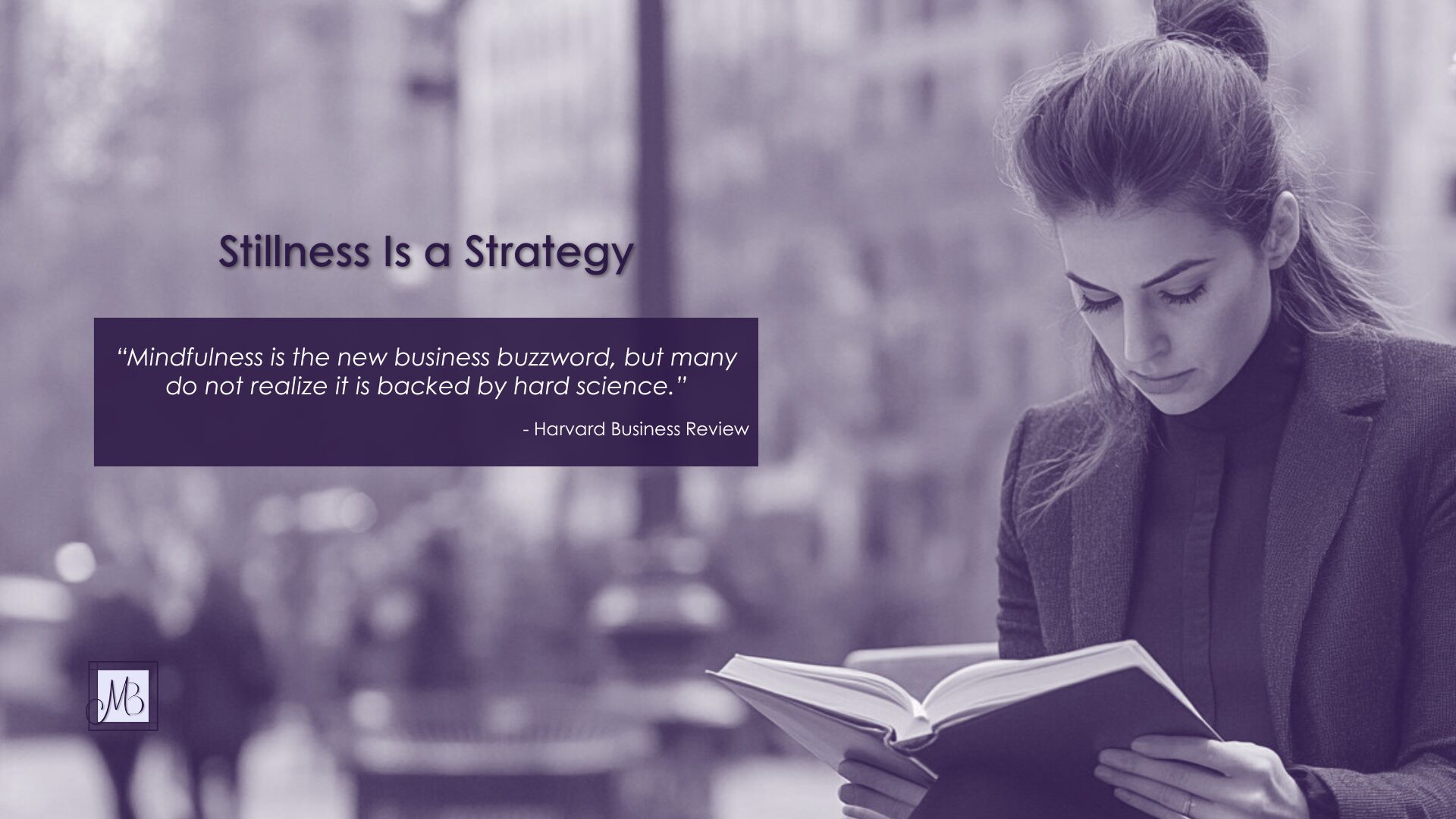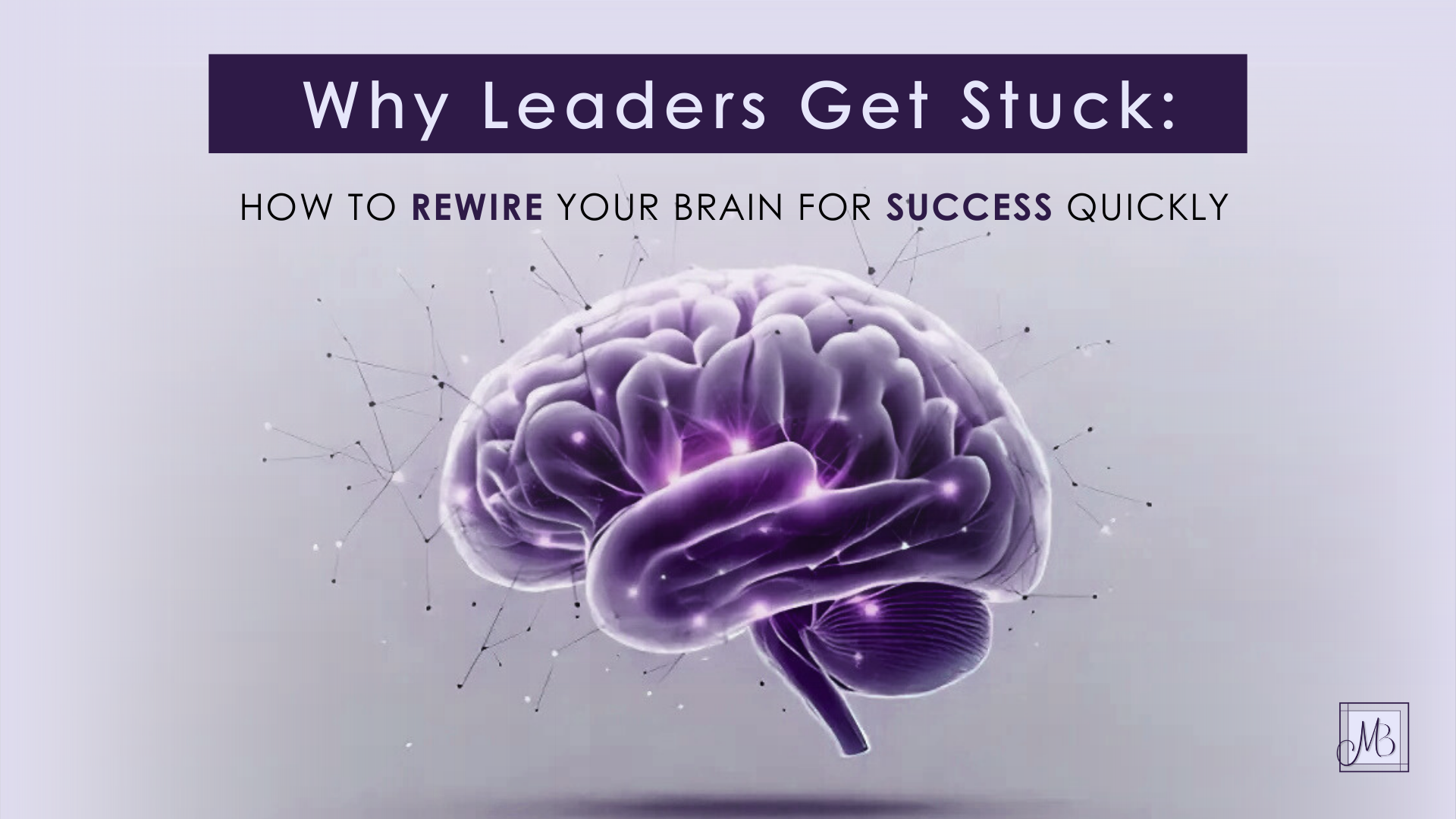How Heart-Centered Leadership Drives Business Success
In a world defined by constant change, many leaders rely heavily on data, analysis, and strategy. Yet the most transformative decisions often come not from spreadsheets, but from within. The best leaders trust their intuitive skills, which sharpen with self-awareness and emotional intelligence.
But intuition doesn’t mean ignoring data. The most successful leaders bridge both worlds — they gather insights, analyze facts, and then listen to the inner voice that offers perspective data alone cannot provide. Even when intuition suggests a path that goes against conventional wisdom, it often leads to breakthrough results.
Research indicates that leaders who combine emotional intelligence and intuition with data-driven decision-making exhibit greater resilience, agility, and long-term success. Knowing when to rely on data and when to trust your instincts is a hallmark of a genuine, heart-centered leader.
Why Intuition Is Becoming a Leadership Focal Point
Twenty years ago, leading with intuition often meant shielding teams from the realities of a demanding business environment. I remember managing in this way, constantly absorbing stress to protect my staff from the challenges I faced. Back then, this approach felt like the right thing to do—after all, maintaining morale was critical.
Today, however, the landscape has shifted. Leaders who embrace transparency, vulnerability, and heart-centered decision-making are achieving remarkable results. Employees are no longer satisfied with a purely transactional relationship at work. According to a recent study by Gallup, organizations that foster emotionally intelligent leadership see 23% higher profitability and 18% increased productivity.
The shift is clear: Leadership is no longer just about managing operations—it’s about leading people. Intuitive leadership creates workplaces where employees feel valued, motivated, and empowered to contribute their best.
The Power of Intuitive Leadership
Intuition isn’t a mystical concept. It’s the result of years of experience, emotional insights, and subconscious processing. When leaders tap into this inner guidance, they make more aligned decisions, build stronger relationships, and lead with greater authenticity.
Yet, many leaders struggle to trust themselves. Cognitive dissonance, the psychological discomfort that arises from holding conflicting beliefs, often clouds decision-making. The pressure to conform to logic-based choices can suppress intuitive wisdom.
But what if you could harness both?
That’s the core of heart-centered leadership: balancing intuition with rationality to lead from a place of clarity and confidence.
Cultivating Radical Trust in Yourself
At the core of intuitive leadership is radical trust — the unwavering confidence in your judgment, even when external circumstances suggest otherwise. This level of self-trust is not reckless; it’s built on a solid foundation of self-awareness, experience, and emotional intelligence.
Leaders who develop radical trust recognize that intuition is not in opposition to data, but a complement to it. They gather information, weigh the facts, and then listen to their internal compass. This alignment of head and heart fosters decisive leadership, even in uncertainty.
Radical trust also strengthens executive presence. Leaders who trust themselves project confidence and calm, even in high-stakes situations. Their ability to stand by their decisions without wavering inspires trust in others. Employees, stakeholders, and peers are naturally drawn to leaders who exude this quiet authority.
To cultivate radical trust, consider these steps:
- Acknowledge Your Wins: Reflect on past decisions where intuition played a role. Recognizing these moments builds confidence in your inner guidance.
- Challenge Self-Doubt: When uncertainty arises, ask yourself, ‘Is this fear or intuition? Self-awareness helps differentiate between the two.
- Stay Curious: Trusting yourself doesn’t mean dismissing opposing views. Invite diverse perspectives, then make decisions from a place of inner clarity and confidence.
- Reaffirm Your Values: Clear personal and organizational values act as a compass. When intuition aligns with these values, it’s a signal to proceed.
Recognizing the Signs of Cognitive Dissonance
Cognitive dissonance manifests in leadership as hesitation, second-guessing, or overreliance on external validation. Leaders may struggle with questions like:
- Why do I feel uneasy about a decision that seems logical on paper?
- Am I pursuing this path because it’s right for the business, or because it’s expected of me?
- What if my intuition is pointing in a direction different from the data?
Acknowledging these moments is the first step towards empowerment. Great leaders lean into discomfort and examine the source of their inner conflict. Rather than ignoring their intuition, they explore it with curiosity, gaining a deeper understanding of their decision-making process and enhancing their confidence.
Cultivating Heart-Centered Leadership
To lead with intuition, you must build self-awareness. Here’s how to start:
- Pause and Reflect: Carve out time for intentional reflection. Whether through journaling, meditation, or a simple walk, give yourself space to process without external noise.
- Tune Into Your Body: Intuition often manifests physically. Notice when your body tightens, your stomach churns, or your energy shifts. These signals provide valuable insights.
- Engage in Honest Dialogue: Surround yourself with trusted advisors who challenge your thinking while respecting your inner guidance. These advisors play a crucial role in fostering honest dialogue, providing a supportive environment for courageous conversations that lead to clarity.
- Practice Emotional Intelligence: Self-awareness, self-regulation, and empathy are essential to discern when intuition is guiding you versus when fear or bias is at play. By honing these emotional intelligence skills, leaders can become more in tune with their own feelings and those of others, enhancing their decision-making process.
Real-World Leadership in Action
Consider a CEO preparing for a significant acquisition. The financial projections are promising, yet something doesn’t sit right. Instead of dismissing the discomfort, the leader investigates further. Through reflective conversations with their team and trusted advisors, they uncover underlying cultural misalignments. By trusting their intuition and acting decisively, they avoid a costly mistake.
Similarly, leaders who embrace heart-centered decision-making often foster deeper connections with their teams. Employees feel valued when leaders operate with authenticity and transparency, leading to stronger collaboration and innovation.
Partnering with an Executive Coach
Developing intuitive leadership isn’t a solo journey. An executive coach serves as a mirror, helping leaders explore their inner landscape, identify blind spots, and strengthen decision-making skills.
Through guided reflection and accountability, coaching empowers leaders to:
- Navigate cognitive dissonance with confidence
- Align decisions with their values and vision
- Build emotional resilience in challenging moments
Embracing Your Intuitive Edge
The most effective leaders in today’s complex business landscape are those who integrate heart and mind. By cultivating self-awareness, managing cognitive dissonance, and leading from a place of authenticity, you unlock your intuitive edge.
As you move forward, ask yourself: Where might my intuition be inviting me to take a bold step? Lean into that wisdom. Your leadership—and your impact—will grow as a result.





















